The Faces of The Clergy Letter Project
The clergy members who have opted to participate in
The Clergy Letter Project are a diverse group of dedicated men and women. Below, some of them
explain why they've joined and what they hope to accomplish. Please enjoy their stories.
A | B | C | D | E | F | G | H | I | J | K | L | M | N | O | P | Q | R | S | T | U | V | W | X | Y | Z |
The Rev. Lori Bievenour, Senior Pastor, St. Peter's United Church of Christ
Carmel, IN
As a pastor, I get dozens of requests for my time and support of various project and causes.
It would have been easy for me to pass up the request for my signature from Michael Zimmerman
and The Clergy Letter Project, but something was different about this project. A supporter of
the project for a number of years now, I am just one face of this movement. My face is young,
yet I’ve been in my position for seven years. My face doesn’t really understand
why we even need a Clergy Letter Project, and yet, I know that its impact is reaching far
and wide. My face adds a voice to a conversation that has been far too one-sided for years.
My face is one that ministers with a progressive congregation in suburban Indianapolis –
a congregation which welcomes diverse opinions and ideas and a congregation that values
questions more than answers. My face is one of hopeful dialogue, not argumentative conclusions
and proclamations. My face is one of the United Church of Christ, but it welcomes religious
diversity. My face screams “Listen, let’s talk!” and not
just “I’m right.” Perhaps these layers of meaning are why I am a face of
the Clergy Letter Project: because it raises a valuable question in a culture which seems to
lift up easy answers as a replacement for critical thinking. That question, for me,
is “Why not?” Why not value science & reason, faith & tradition,
evolution & creation, question & answer, and… I’m not willing to let
go of the mystery of science or the richness of the creation stories, and consequently, I
AM willing to be one face of the Clergy Letter Project. Here’s hoping for many,
many more.
The Rev. William R. Clough, Minister Member, Peace River Presbytery
Northport, FL
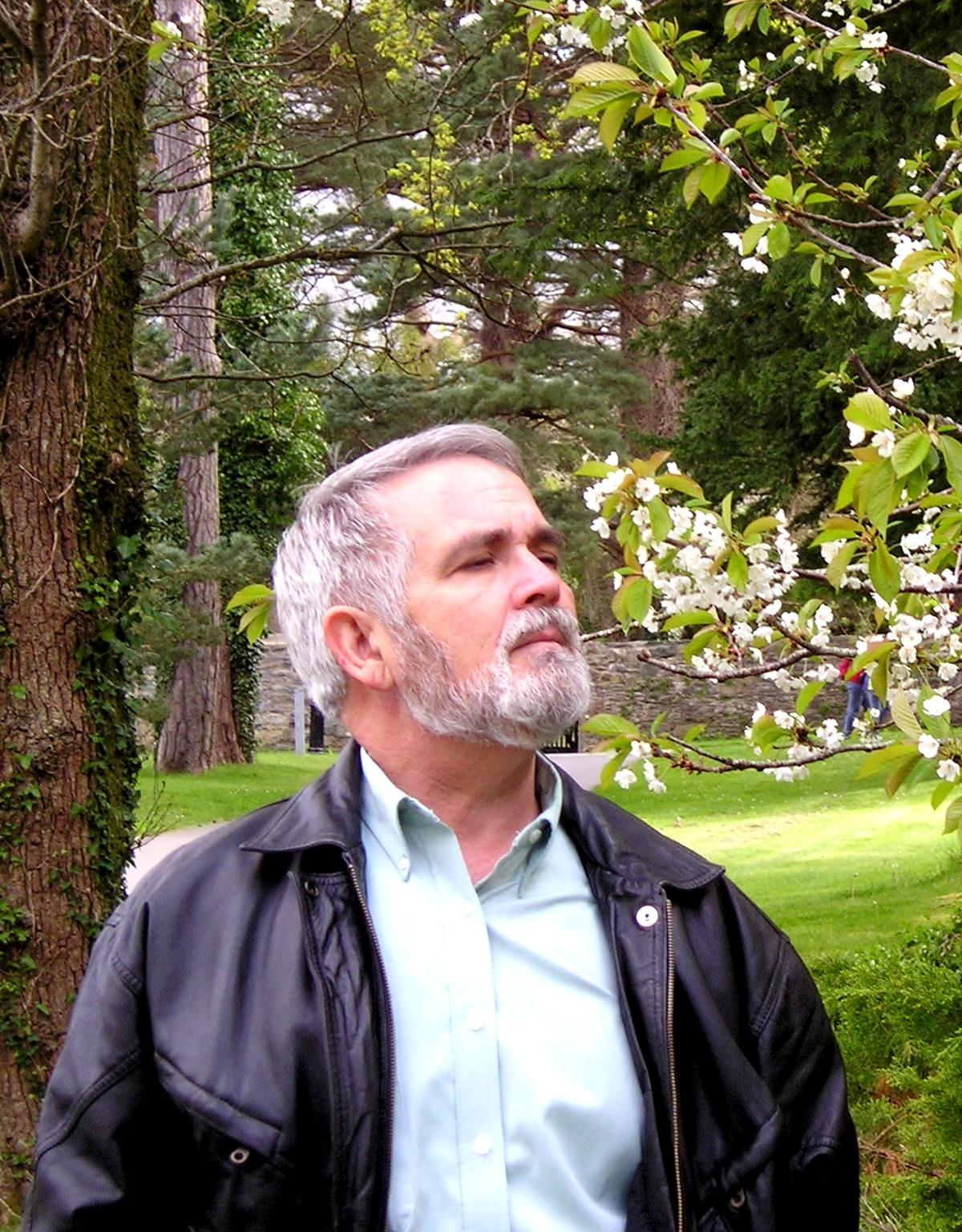
I first encountered creationism as a sophomore biology major interested in the science-religion dialog. Even with a very basic knowledge of science I could see creationist arguments were either false or misleading and I was intrigued. How could they effectively make it a widespread truism that one of the best confirmed theories in science is "full of holes" or "discredited"? How could such a miniscule slice of Christianity dominate the discussion? Mostly I was bothered because Jesus says that lying is the native language of the devil (John 8:44). Getting well intentioned Christians to believe and defend demonstrably false things is the devil's greatest triumph. Moreover, the vast majority of people outgrow the "warfare model" (Ian Barbour's term) between Christianity and biology and it's time we were clear on that point. We have a responsibility to our communities to challenge atheistic materialism on the one hand and dogmatic rationalization on the other; to support a more honest view of God's world and sophisticated view of human knowledge.
The Rev. Kristi Denham, Pastor, Congregational Church of Belmont
Belmont, CA
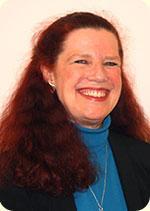
The Clergy Letter Project has helped to make a difference in our community. When our church decided to sponsor a celebration of Darwin's birthday in recognition of the powerful intersection between faith and scientific understanding, we were able to communicate to the wider community that religion does not need to fight with science. This has been a tenet of our beliefs as long as the United Church of Christ has been in existence. Getting the word out that religion does not require us to leave our brains at the church door has contributed to our growth in recent years. We were interviewed by the local paper for planning this special celebration and each year that we have participated since has been a great opportunity for us to learn more from the scientists in our midst as well as to invite new friends into our family of faith. Thank you, Michael, for making this possible!
The Rev. Pamela S. Easterday, Claridon Congregational United Church of Christ
Huntsburg, OH
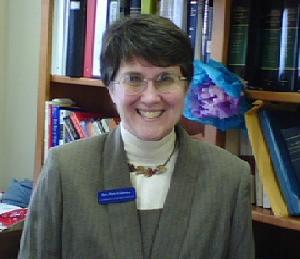
During my bachelor's degree at Ohio State University, I took a short course on the Scopes trial. I remember author Edward J. Larson saying that teachers avoided speaking of evolution even where there had been no complaints or controversy, just to prevent problems. During my anatomy, physiology, microbiology and other science courses, I learned that evolution was foundational for understanding how life progressed, how various features and functions developed. How could high schools help students to understand life's connections and workings without mentioning evolution? I was appalled. No wonder many in our culture grow up without understanding evolution. They have a high school diploma but did not hear it in science class!
Later, I had to remove my child from the "science" class of a creationist and argue before our local school board to prevent that teacher from inserting intelligent design into district standards. It especially struck me, as I attended seminary, that this teacher and his supporters lied about what he taught, and even the sources of their materials.
In the United Church of Christ, we clergy are likely to have an informed view of science as well as the Bible. We have a responsibility both to our congregants and our community's children to share that informed view. Otherwise, the outspoken will continue to stifle good teachers. To allow our children to take both their faith and their learning seriously, we must keep them compatible.
The Rev. Tom Eggebeen, Pastor, Covenant Presbyterian Church
Los Angeles, CA
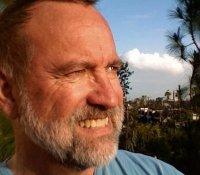
I joined the Clergy Letter Project because it's an important voice devoted to building bridges between science and religion. These respective disciplines need one another, and neither one possesses an inherent animosity. That some, on either side, should fear the other, is entirely unnecessary, but understandable. Such are the culture wars in Victorian England and in our time. Sadly, between science and religion, some have dug a very deep ditch, creating false enemies and compelling portions of the Christian family to read their Bible inaccurately and believe in ideas that fly obviously in the face of science. Speaking as a person of faith, I am fortunate to have never fallen into the ditch. I have always seen faith and science as partners in our effort to understand God's world and to discern our responsibilities as stewards of creation and caretakers for one another. I give thanks for the work of the CLP as it helps people of faith and science join together in a worthy effort to build bridges and fill in the ditch!
The Rev. Henry Green, Pastor
Heritage Baptist Church
Annapolis, MD
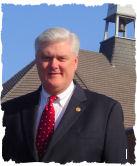
Several years back I was invited to take part in The Clergy Letter Project. After reading the letter and realizing it expressed my sentiments, I contacted Michael Zimmerman to share my deep appreciation for his care in the use of language, his deep understanding of the history of religion and science, and sensitivity to all sides of the evolution conversation in a religious context. Baptists stand in the history of real Religious Freedom and helped to set in place our Constitutional guarantee of separation of church and state. Yet, many Baptists today are influenced by those who are still fighting the Scopes trial and reacting to the Supreme Court decisions in the early 1960s to stop forced, state-sponsored prayer in the public schools. Some said, "They have taken God out of the schools!" My response is, "Really? How do you take God out of anything? If we believe God is omnipresent (everywhere all the time), how does the Supreme Court have that kind of power? Is our theology so weak that God can be kicked around like a soccer ball? Are we so insecure in what we believe that somehow other people or courts have power over our faith?" The reality is that true prayer is voluntary, not forced. Baptists, while respecting others right to believe as they do, do not believe in state-sponsored religion. We do not believe our children should be subjected to forced religious expressions in our schools. A Baptist family with a child attending a public school in Utah, where the predominant religion is Mormonism would be subjected to prayer oriented from the view point of a Mormon. A Mormon child attending a public school in Alabama, where the predominant religious expression is Baptist would face a similar fate. The same is true in the teaching of creationism or (the so called) intelligent design in public school science classrooms. Real science is the only thing that belongs in a science classroom, not religious agendas and that goes for the atheists too! The question of God, something that cannot be proven one way or the other scientifically, should be off limits in the teaching of science. Don't be fooled by religious or political leaders who are either ignorant of the facts or intentionally deceptive in pushing a personal or political agenda. The Clergy Letter Project helps us to transcend those deceptive agendas and I am proud to have my name listed with those who share the belief in real religious freedom and separation of church and state and the values of civility. Thank you Michael!
The Rev. Bruce Holzrichter Sr., Pastor, Tree of The Mustard Seed Church
Dennisport, MA
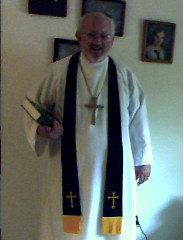
Tree of The Mustard Seed Church is a varied ministry of teaching and preaching to old people and youth with our work establishing safe sanctuaries for children under threat (from varied sources). In my work of teaching theological understandings I often encounter questions about the impact of science on religion. I have set up a short synopsis course for those who evidence an interest in seeing how the two disciplines can not only co-exist but complement each other in shared revelations about mankind's past and possible future. I have been a supporter of The Clergy Letter Project since I became aware of it several years ago and look forward to meeting others so inclined in the future.
The Rev. Cynthia Hopp, Pastor, Our Savior's Lutheran Church
Bird Island, MN
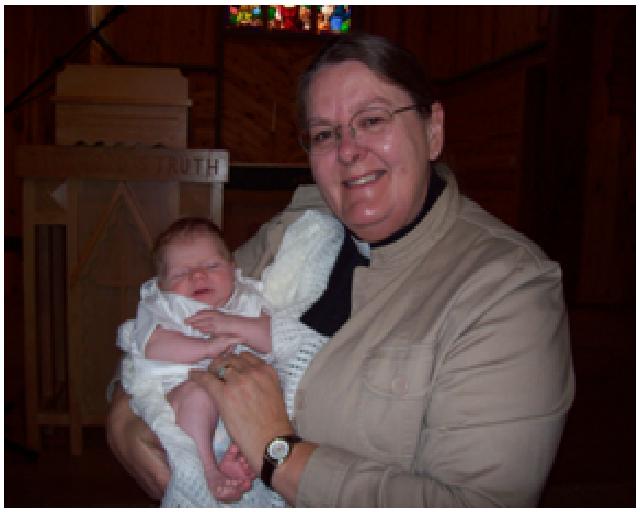
I joined the Clergy Letter Project because as a pastor, at times, it feels like the world
is turning more and more to the folks who like keeping "God in a box". When I read the creation story in Genesis
I have always (at least since I have been able to think beyond mere stories) seen the universe coming together
just as God wanted and just as evolutionary theory teaches. Gen. 2:7 is key: "then the Lord God formed man from
the dust of the ground, and breathed into his nostrils the breath of life; and the man became a living being."
No one knows what atom began the whole thing. After all, we're still looking for the God- particle! All I
know is that God made whatever tiny bits of things there are to cling together to finally bring life.
The "breath of life" is God --- and he sure isn't in any box! Be assured, God can do whatever God wants
however God wants to do it. That is what escapes creationists. Their God is more of an idol - and a very weak
one at that. I don't recognize him.
The Rev. Rick Hoyt, Minister
First Unitarian Church, Los Angeles
Los Angeles, CA
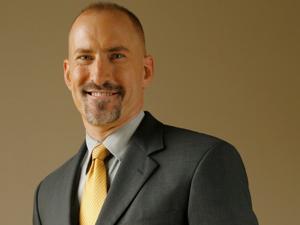
As a pastor I care deeply about the vitality of religion in our society. A healthy personal wrestling with the questions of faith (who am I? what does it mean? what should I do?) and thriving religious communities that challenge and encourage our spiritual development, are essential tools on the path toward joyful lives and a world of peace, love and justice. So I am pained when religious voices of ignorance and intolerance, are allowed to speak unchallenged as the position of all religion. I know that religion can be better than that. And I regret the number of people who would benefit from an active faith life but refuse to accept the bargain that they must turn off their minds at the church door. The Clergy Letter Project counters that mis-representation. The Clergy Letter Project proves that there are thousands of clergy and congregations who use science as a partner with faith in developing our understanding of reality. I'm proud to be a supporter of The Clergy Letter Project and I am comforted to know that so many of my clergy colleagues stand with me in this effort.
The Rev. Jason Johns, Ecominister, Uniting Church in Australia
Bellingen, NSW, Australia
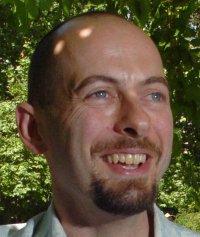
My hope for the Uniting Church is that we will become a biocentric faith community. One which understands that the central story of the universe is between God and life, not God and Homo sapiens. That we will come to see our place in the universe as being much smaller than we think it to be. That we won't so much, "think like a mountain," as think like the God who was here before the mountains were even formed. Who for billions of years had a relationship with life before we ever arrived. That we will discard the theology that creates an intrinsic distinction between us and the other animals. And that with this more humble view of our place in this universe and in God's heart, we will make room for the other creatures which we share this planet with, so that can all have the relationship with God which God desires.
Dr. David Loye, author of numerous books on Darwin and Evolution
Pacific Grove, CA
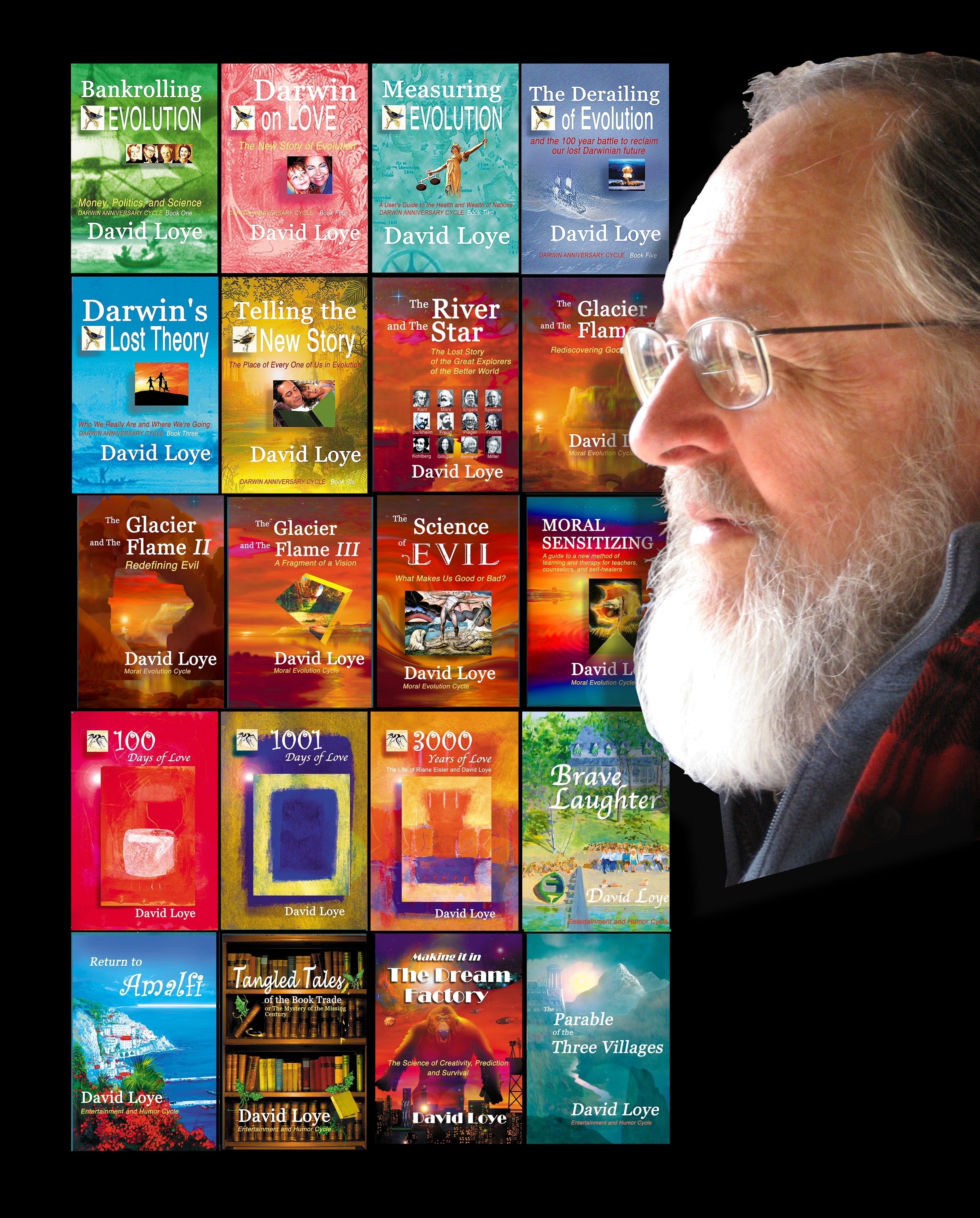
I am a scientist deeply appreciative of Michael Zimmerman's initiative and Clergy Letter Project because of my firm conviction all we treasure as humanity is doomed unless progressive science and progressive religion can form a close working partnership to combat the grim thrust backward of regressive religion AND regressive science.
Here's my background.
Into my teens, like Darwin, I dabbled with the idea of becoming a minister, then after an immersion in Freud shifted to psychology and then mid-life into the development of evolutionary systems science and became a co-founder of the pioneering multinational General Evolution Research Group, a co-founder of World Futures: The Journal of General Evolution, and founder of the Darwin Project (see www.thedarwinproject.com).
Through my widely acclaimed recovery and reconstruction of Darwin's long ignored moral and spiritual oriented completion of his theory of evolution (see www.davidloye.com) increasing perception of how old paradigm Darwinism as well as rightwing creationism is driving us toward destruction - I became convinced of two basic requirements for human survival:
1. There must be a massive shift from the old paradigm Darwinism of survival of the fittest and selfish genes driving us toward environmental, political, economic, and moral and spiritual destruction toward the paradigm of mutual aid, love, moral sensitivity and education.
2. Only the working partnership sketched above could do the job and head off the steady decade by decade and century by century destruction of all we and the best among us have held dear.
Dr. Tony Mitchell, Chemical Educator, United Methodist Lay Preacher
Beacon, NY
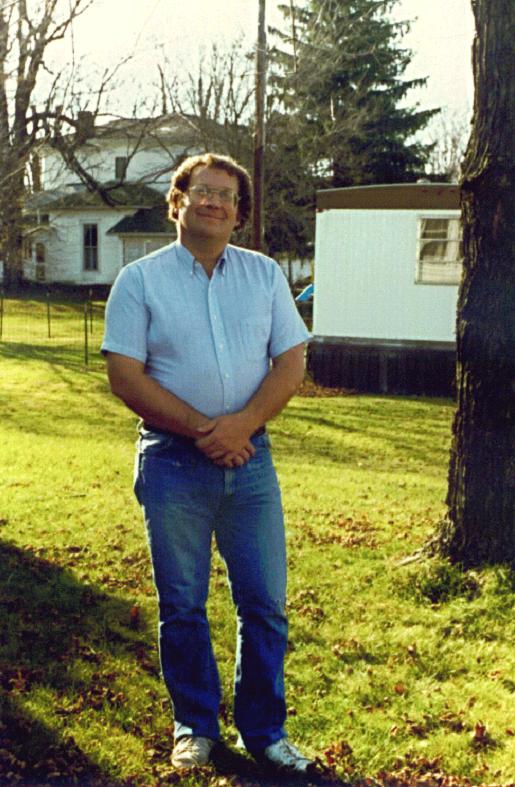
I joined the Clergy Letter Project because there are a number of people who have the wrong idea about the nature of science and religion. They either think that the two areas are incompatible or they feel that one can use the other to confirm the other. My presence in the Clergy Letter Project is to say that one can have a background in science and a background in religion and not be threatened by either of the two or work in such a way that one is weakened at the expense of the other. I truly believe that having been created in God's image, we are compelled to seek answers to many questions, including those that speak to our faith. We cannot do that if we seek to use only science or faith and not both.
The Rev. Frederick W. Reklau, Retired ELCA Pastor
Wheaton, IL
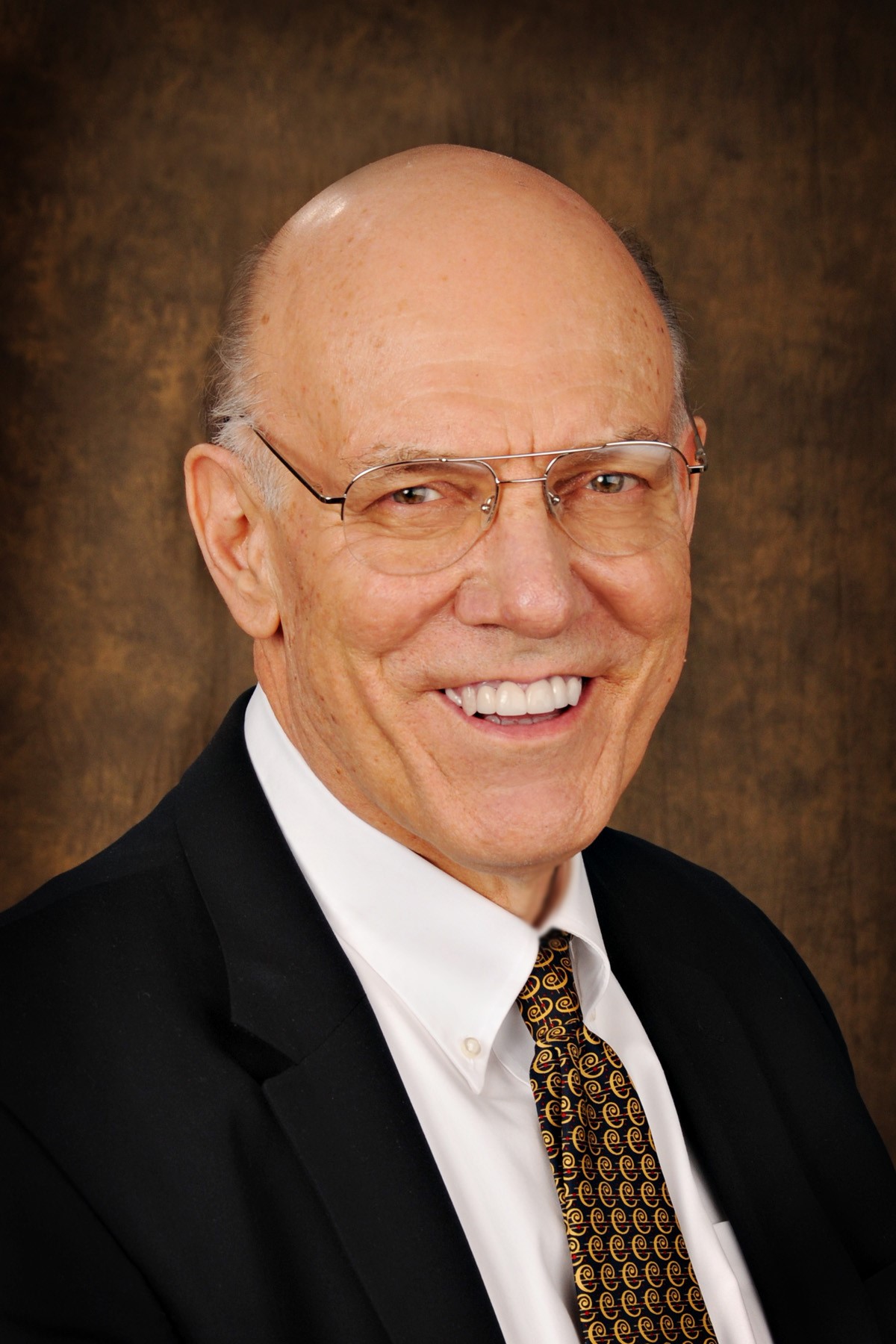
The Clergy Letter Project is absolutely necessary, and I signed it gladly some time ago. Creationism and so-called "intelligent design" cannot stand unchallenged. Yet from another perspective it should be unnecessary. How so? Because the "Bible vs. science" debate begins with the wrong question, and a wrong question can never lead to a right answer. It is simply wrongheaded to ask, "What does the Bible teach about science?" The mere facts of existence are not the point of scriptural revelation; the truth of God's love for the Creation - and for God's people in every age - is the point. Add to that the fact that our Western, scientific, post-Enlightenment views of what constitutes fact and truth are not, and cannot be, the views of ancient people in the Fertile Crescent. So what they would mean by "science" - though there is no evidence they even knew the concept - would have to be vastly different from ours in twenty-first century America. The right question about Genesis 1-2 - which, by the way, are not the only reflections on origins in the Bible - is, "What is the purpose of these stories?" Seen in the framework of Scripture as a whole, which presents God's loving engagement with God's people, it is clear that those stories tell of our privileges and responsibilities as beings who have been created out of love by the One who has created all things, visible and invisible. Those who go mining for other meanings (of their own invention, not God's intention) rob the texts of their true purpose, and of their true power to shape and validate our lives as God's spirit-mind-body creations, made for a loving relationship with God and with others.
The Rev. Mary Seeger, Pastor, Midway Presbyterian Church
Midway, KY
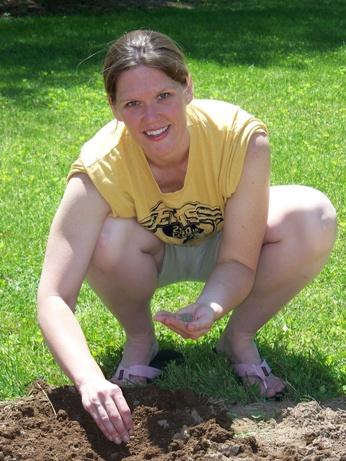
People use the word 'Christian' like a bludgeon sometimes. To smack down things they disagree with, to crush evil opponents, to de-Christianize anything that contradicts their views. And I for one, want to show people a different kind of Christian. There are lots of Christians out there who want 'Christian' to be something different. Who are hungry for ways to make sense of faith in a world that is science and technology. Who want to see the church address things humbly and honestly, not arrogantly.
I want the world to have an example of Christians who don't carry bludgeons. I want my scientist friends to say, "Hey, those Christian people are interested in truth, not just dogma. And they are interested in what I have to say. They think what I do has a purpose too." The Clergy Letter Project gives voice to the silent majority of Christians, who are not all bludgeon-carrying, knowledge-fearers. We have seen God at work in science, and who are we to hinder God?
The Rev. Dr. Susan M. Strouse, Pastor, First United Lutheran Church
San Francisco, CA
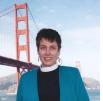
I am a member of the Clergy Letter Project because I serve a congregation that does include scientists. They are people of faith, but they struggle with working with those who do not see any connection between science and religion. The problem is that when most people hear "Christian" they assume a conservative, literalistic, unreflective point of view. The challenge for those of us who are unashamedly Christian, but progressive, open, and "living the questions" is to have our voices be heard as loudly as our conservative sisters and brothers. Evolution Sunday has been a wonderful opportunity for us to help our members to integrate scientific knowledge with religious faith, and to be able to claim the name "Christian." It has also been a way to get the message out into the community: at First United, you don't have to check your brain at the door.













